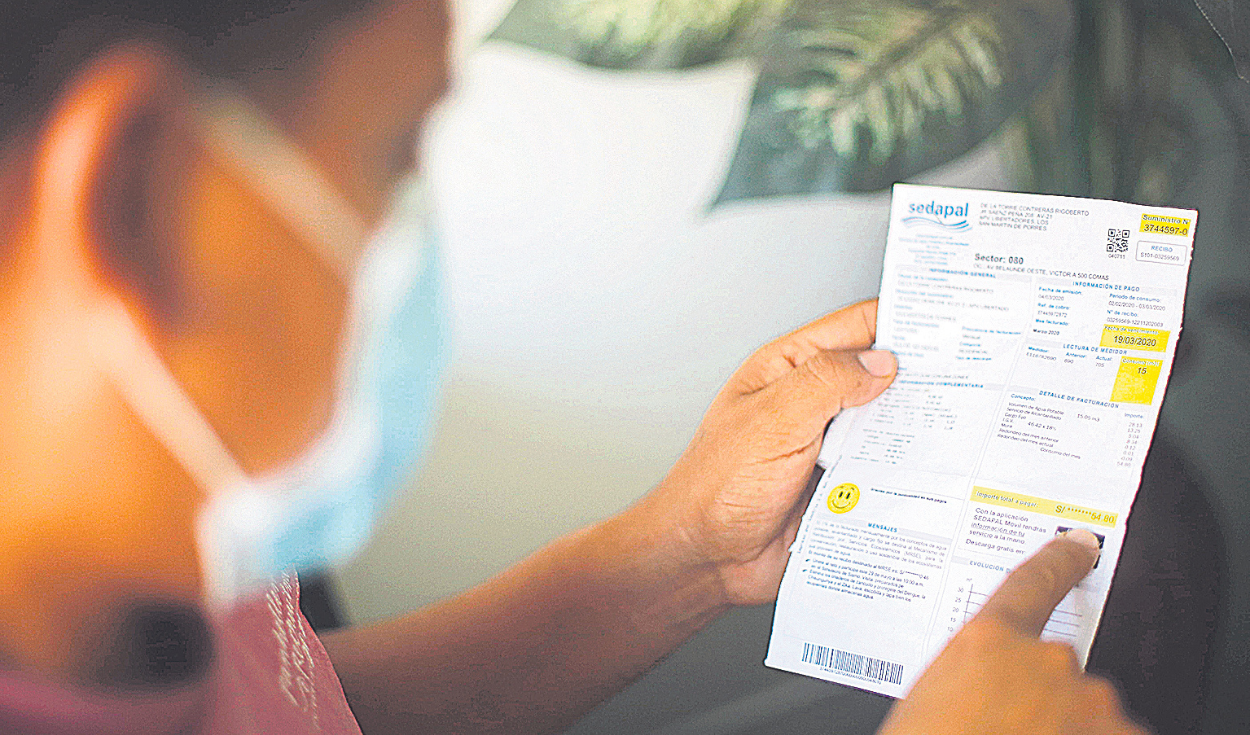
Guaranteeing universal access to drinking water and sanitation is one of the main challenges we have as a country. Proof of this is that to close the infrastructure gap in water and sanitation, an investment of S/120,000 million is required, according to the National Infrastructure Plan for Competitiveness.
Given this problem, the head of the Ministry of Housing, Construction and Sanitation (MVCS), Hania Pérez de Cuéllarexplained that his portfolio worked on a bill to guarantee universal access to water in 10 years, a document that already has an opinion in Congress.
In addition, powers were requested from Parliament to update Legislative Decree 1280 (Framework Law for the Management and Provision of Sanitation Services). “It was approved 7 years ago, but the needle has not been lowered and, on the contrary, in some indicators the gap is even greater,” the minister told local media in September.
This week, the National Superintendency of Sanitation Services (Sunass) issued a statement regarding the proposed modification of DL 1280. In this it was warned that the functions in setting water rates would be transferred to the MVCS, when the regular entity is the one that takes care of this to ensure transparency.
According to the president of Sunass, Mauro Gutiérrez, one of the modifications is that the MVCS would be in charge of establishing the remuneration scales; taking into account that the payment of salaries implies 70% of the costs of the companies that provide water service, and an increase in salaries would automatically increase what users pay in their bills.
Secondly, the Executive would now be in charge of establishing all cost criteria. When currently the regulator is in charge of doing so, prioritizing efficiency and through a public process. And a third point is that rates could be modified without being conditioned to service improvements, according to Gutiérrez.
MVCS rejects interference
Unlike the official, who has explained in different media the reason for his disagreement with these proposals, Minister Pérez de Cuéllar has only said that she rejects any accusation of interference against the regulator and that the initiative she is promoting seeks to make charges more equitable. and fair. “It is not possible for those who have water 24/7 to pay less than those that have water for hours. There is no right,” he noted.
For its part, Sedapal stated that the rate setting process developed by Sunass is neither technical nor modern and that the ministry only seeks to clarify production costs to aim for efficient management.
While from the National Association of Sanitation Providers Entities (Anepssa Peru), which includes Sepadal, pointed out that the rates that govern today do not allow costs to be covered and are far from the investment needs that these companies have in their commitment to closing gaps. It should be noted that the MVCS has until December 22 to approve the proposed measures.
Water companies only invested 14% of the funds
During the first half of 2023, sanitation service provider companies (EP) They only used on average 13.98% of their funds from fees; that is, S/197.5 million (S/152 million for the execution of Sedapal and S/45.5 million for other SOEs), according to the third investment monitoring report from Sunass.
The causes of these low levels of investments are diverse, according to the regulator. One of them is the prioritization of projects outside the tariff study.
Another cause is the slow processes for obtaining licenses and permits for sanitation projects, and added to the delay in the formulation of the projects, observations, among others.
Source: Larepublica
Alia is a professional author and journalist, working at 247 news agency. She writes on various topics from economy news to general interest pieces, providing readers with relevant and informative content. With years of experience, she brings a unique perspective and in-depth analysis to her work.












